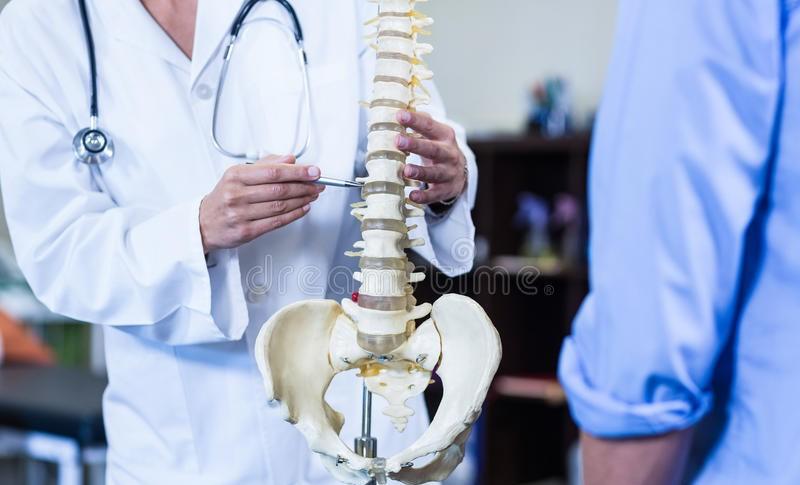Introduction: In the latest national census, China's population over 60 years old has reached more than 200 million, and it is expected to reach 300 million people by 2025, and the nutritional security and demand improvement for these elderly people will also face huge challenges. Osteoporosis is a problem that almost every middle-aged and elderly person will encounter, so with the trend of aging population, the heat of calcium supplementation has once again risen.

First of all, let's popularize a knowledge point for everyone: calcium supplementation ≠ bone supplementation.
Why do you drink milk every day, or do your legs hurt? Why are you already eating calcium tablets, and your bone density is still low? Wouldn't you have the same question?
This shows that it is not a problem with the absorption of calcium, but a problem with the conversion of calcium, and calcium is not replenished into the bones. Although calcium as an important component of bone, but need to be absorbed and transformed by the intestine, any link of the problem, will affect the deposition of calcium to the bone, and too much calcium excretion in the urine, will also promote calcium in the bone like blood transfer, resulting in bone decalcification, thereby inducing osteoporosis.
Therefore, when choosing calcium products, you must choose calcium that is easy to absorb and has a high conversion rate, but because everyone's physique is different, conversion and absorption are also different from person to person, so if you want to choose calcium suitable for your own supplementation, you must first understand what are the commonly used calcium agents?
Commonly used calcium agents are mainly divided into two categories: inorganic calcium and organic calcium. Inorganic calcium has a high calcium content and a fast effect, which is also more common on the market, but it has certain stimulation of the gastrointestinal tract.
Representatives of inorganic calcium are mainly the following:
1. Active calcium
The main component of active calcium is calcium oxide. Although the calcium content of this calcium agent is very high, it is poorly water-soluble, extremely alkaline, and has a certain irritation to the gastrointestinal tract, which is more difficult for the average person to accept, and the price of such calcium preparations is also high.
2. Calcium lactate and calcium chloride
These two types of calcium are traditional calcium supplement products. Due to its low calcium content, it is usually not used orally, but is generally used as a clinical injection.
3. Calcium carbonate
Calcium carbonate was first used as an antacid to treat hyperacidity. Due to the high calcium content of calcium carbonate, it has been recommended as the main calcium supplement product at home and abroad. It should be noted that calcium carbonate has a small solubility, can neutralize stomach acid, easy to cause belching, and it is not recommended for people with stomach acid deficiency.
4. Calcium acetate
It is a highly effective ionic calcium agent. Water solubility is relatively good, can be decomposed into ionic calcium and acetate, is easier to be absorbed, but at the same time the price is also high.
How to choose so many calcium products, how to supplement it?
In fact, calcium supplementation is not the so-called more the better, because excess calcium absorption will have a very serious risk of causing diseases to bone, cardiovascular, brain, kidney and liver and other cell tissues and organs. Calcium free in blood vessels can cause serious calcium deposition problems, not only damage blood vessels to calcify, but also affect the health of organs such as the heart and brain nerve centers. Therefore, we need to pay attention to the control of collocation and dosage when choosing.
When selecting calcium products, the ideal type of calcium supplement product should contain an appropriate amount of vitamin D and vitamin K, because vitamin D contributes to the absorption of calcium in the intestine and the utilization of calcium by bones; vitamin K can capture calcium free in the blood and deposited in blood vessels through osteocalcin and bone matrix proteins in the carboxylation mechanism to prevent calcium overdose and reduce the risk of vascular calcification.
In addition, in the "Chinese Journal of Osteoporosis", it is mentioned that the addition of vitamin K in the process of calcium supplementation can stimulate osteoblast differentiation, regulate the mineralization of osteoblasts, inhibit osteoclast production, promote bone formation and reduce bone resorption.
In addition to the ingredients, you can choose a calcium agent that suits you according to the taste, solubility and absorption rate, provided that you follow the doctor's advice. It should be noted that it is better to take it during or after meals than on an empty stomach. Because eating can stimulate gastric acid secretion, while delaying the emptying of the stomach, both increase the solubility of calcium and prolong the absorption time. Another large dose is not as effective as multiple doses.